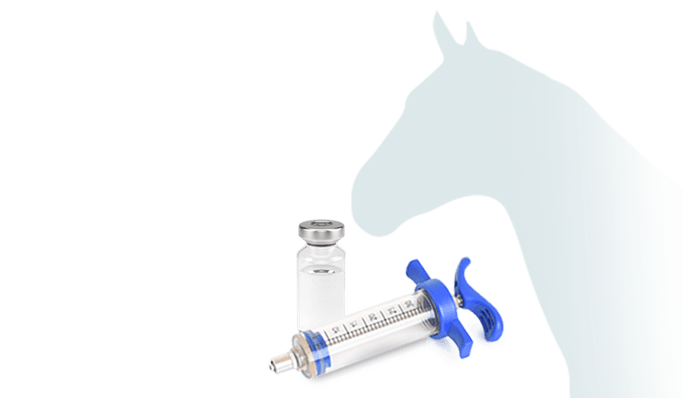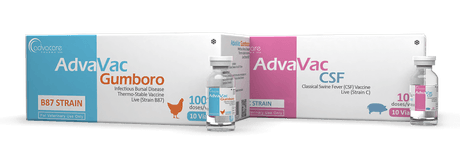What is the meaning of Veterinary Vaccines?
Veterinary vaccines are designed to stimulate an immune response in animals. They are used across various species, including poultry, pigs, cows, goats, and sheep. These vaccines can contain inactivated or live versions of pathogens, whether viral or bacterial, to induce immunity without causing the disease.
Veterinary vaccines introduce a harmless part of the pathogen into the animal's body, triggering the immune system to produce antibodies against the pathogen. When the animal encounters the pathogen again, its immune system is ready to recognize and destroy the pathogen, preventing illness or reducing its severity.
Scientifically proven effects of vaccines for pets and other animals include reducing the incidence and severity of infectious diseases, decreasing the transmission of diseases to other animals or humans, and preventing the spread of antibiotic-resistant bacteria. Vaccine medicines are used in a wide range of animal species, including livestock, pets, and wildlife.
For instance, chicken vaccines and poultry vaccines play a pivotal role in safeguarding our global food supply by preventing the spread of diseases that can decimate flocks. Similarly, pigs vaccines are essential in the swine industry, ensuring the health of herds and reducing economic losses due to illnesses. Cattle vaccines not only protect livestock from debilitating diseases but also contribute to the quality of meat and milk products, ensuring they are safe for consumption.


